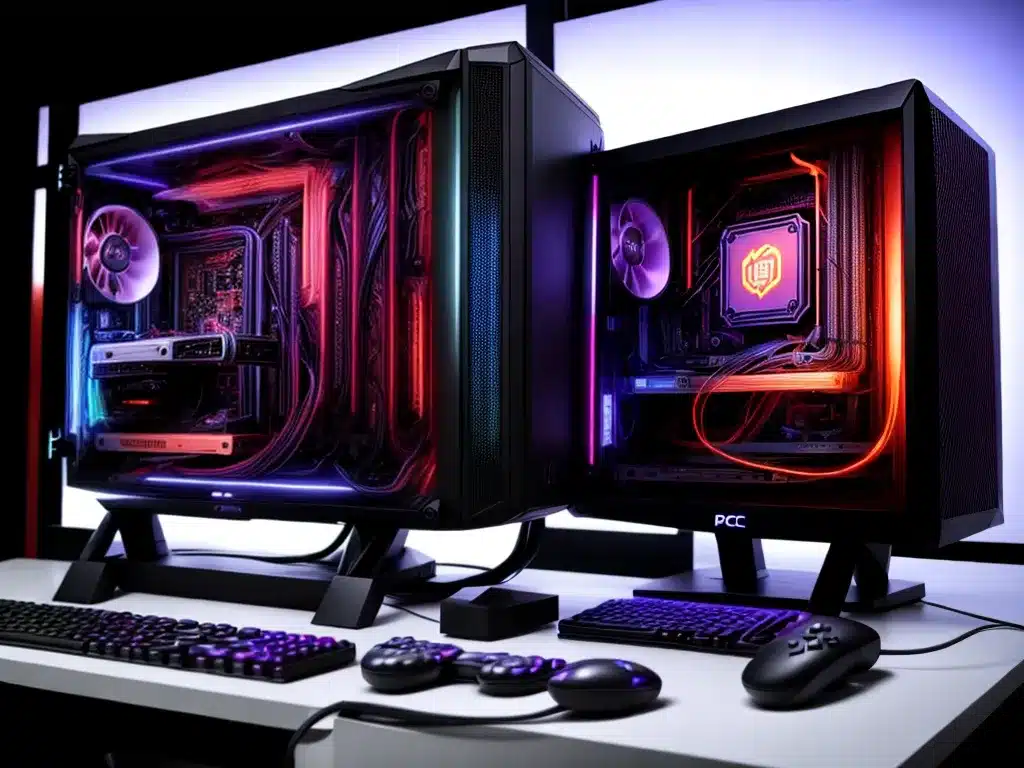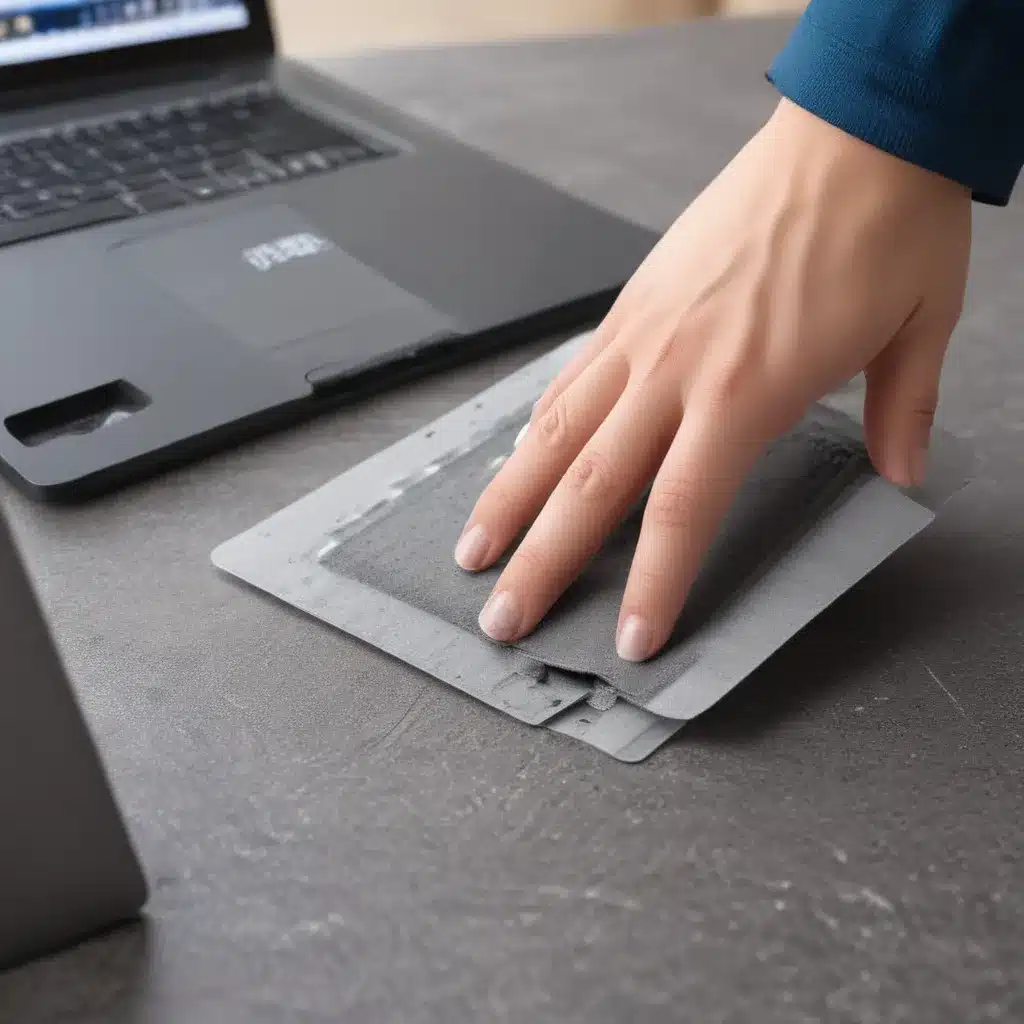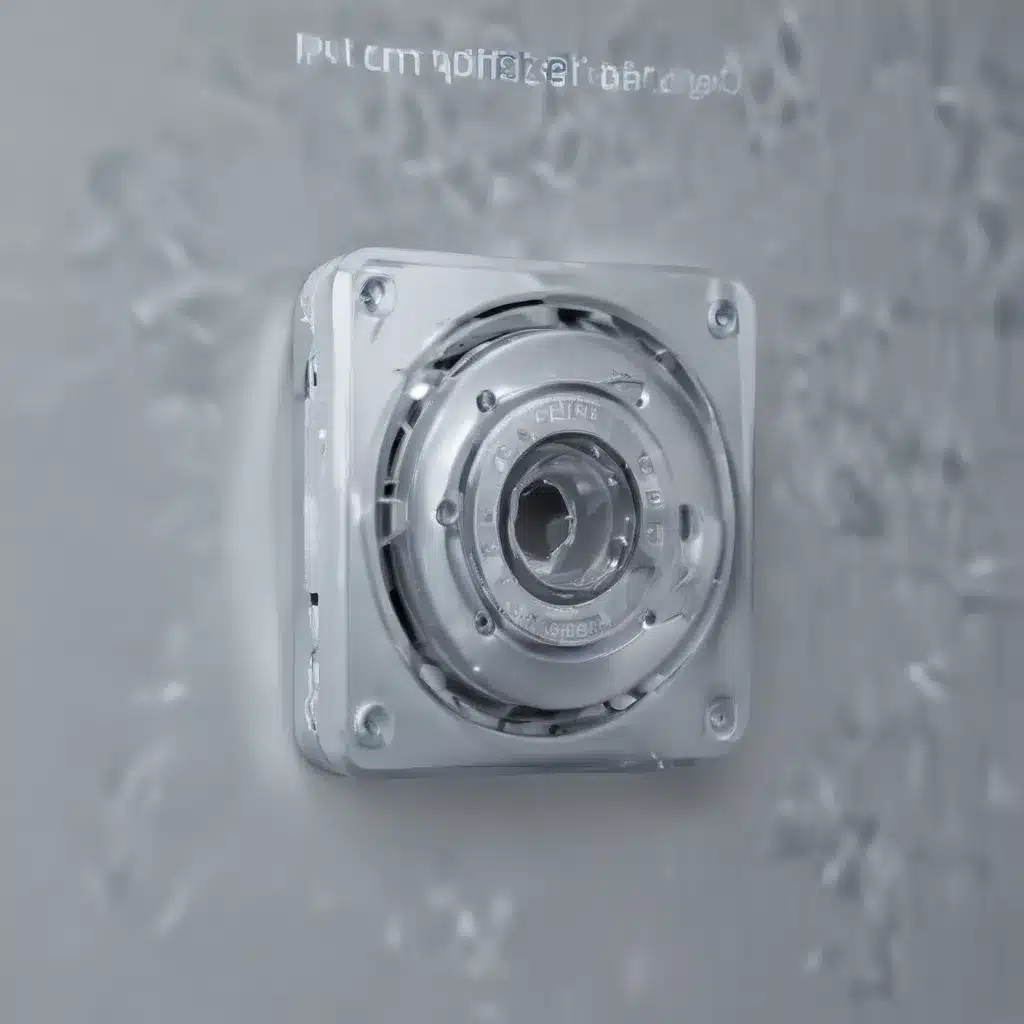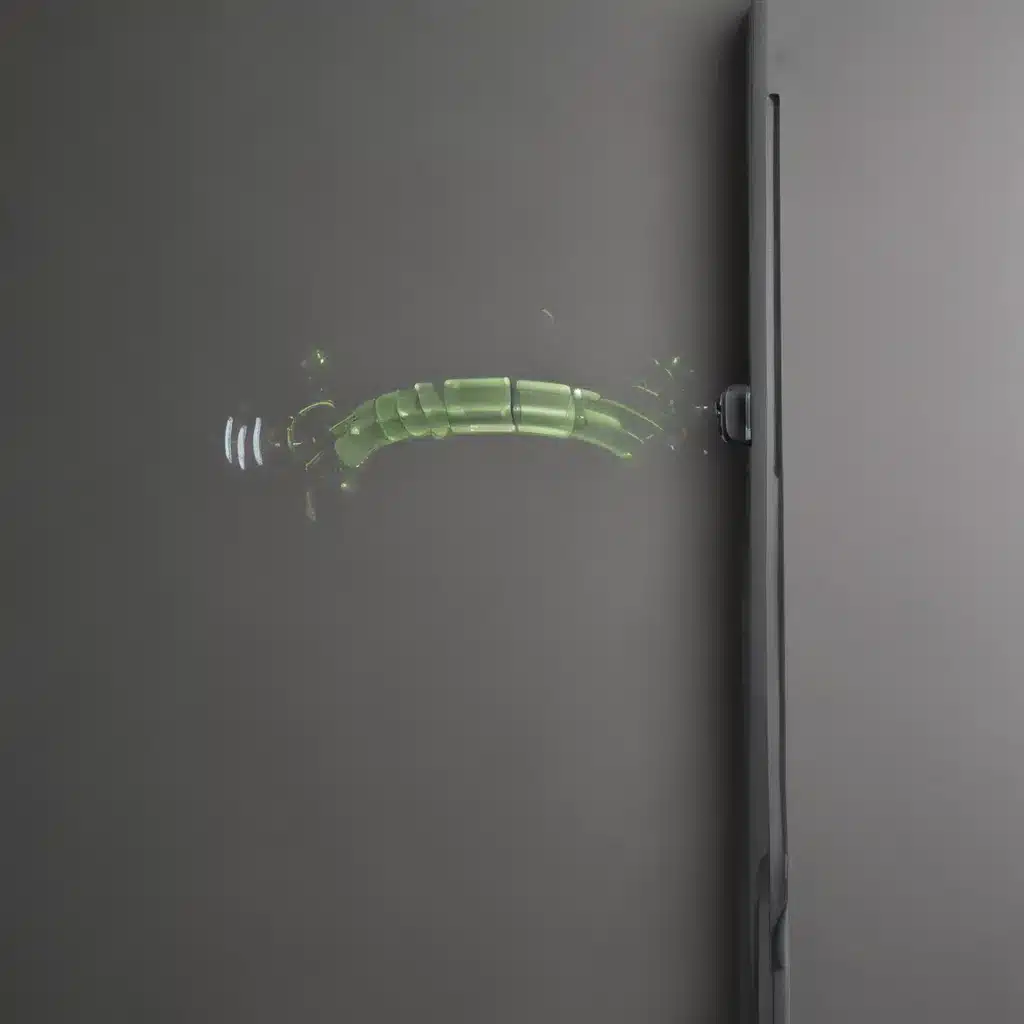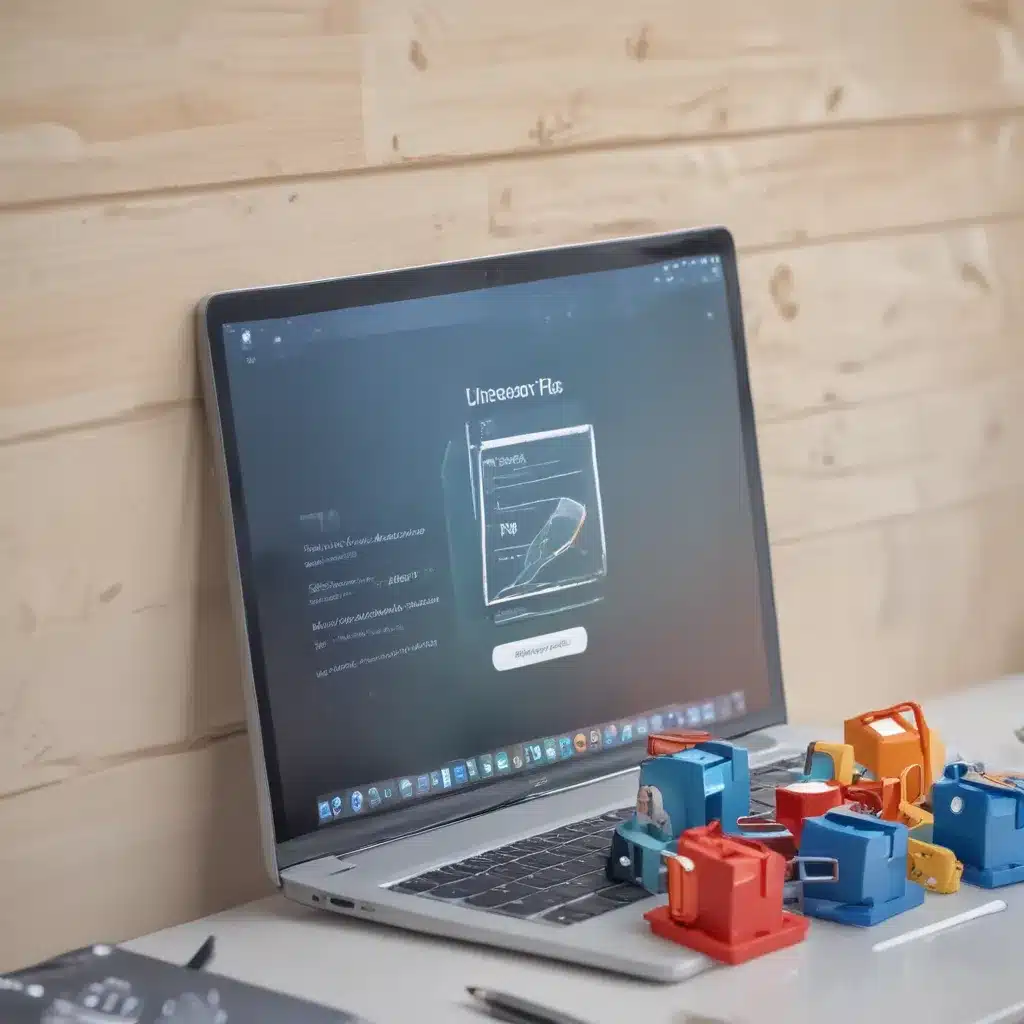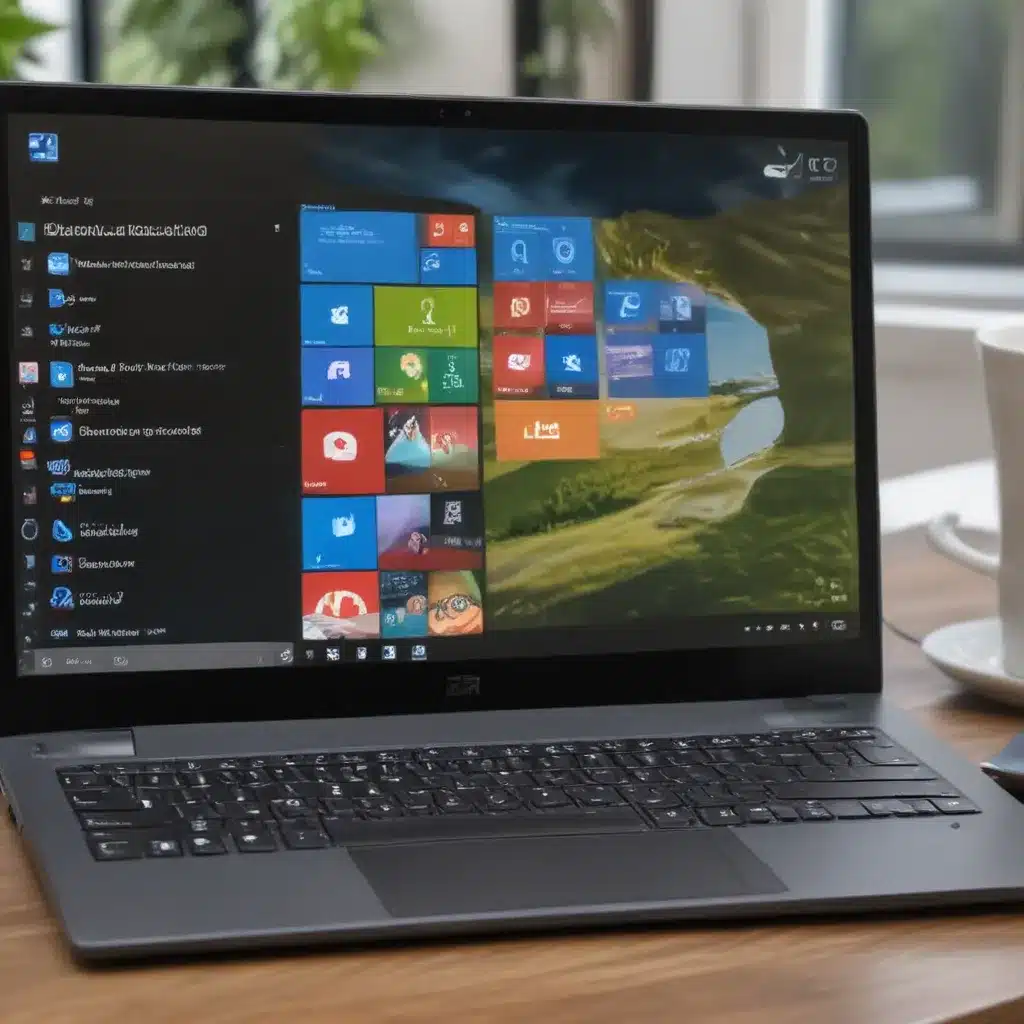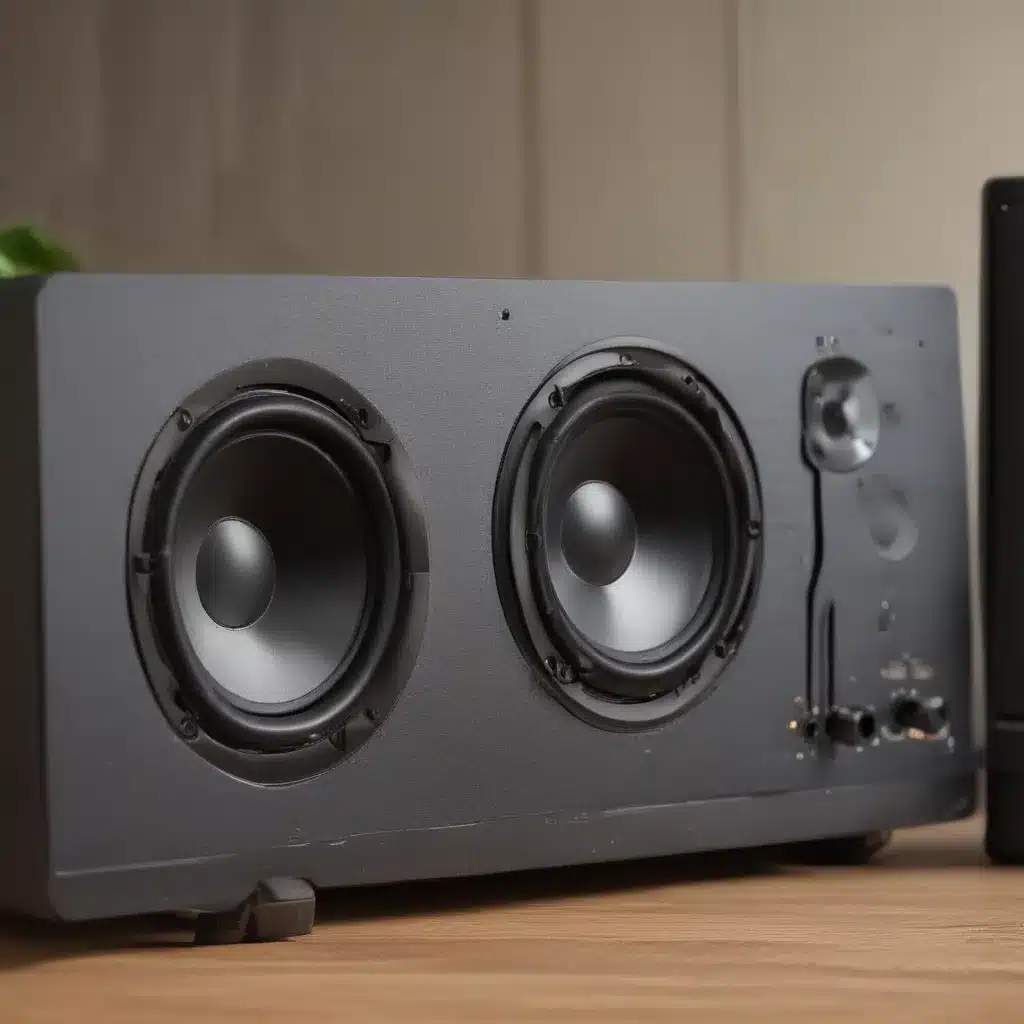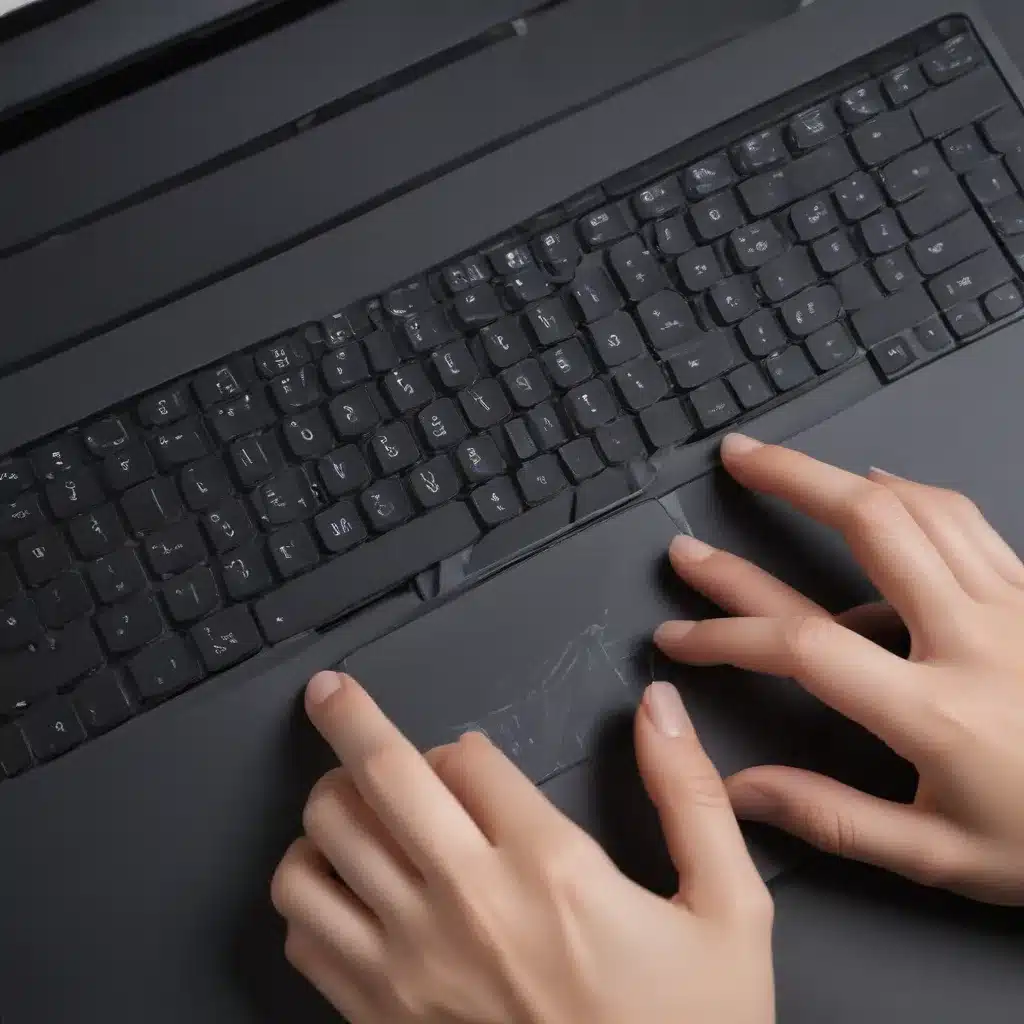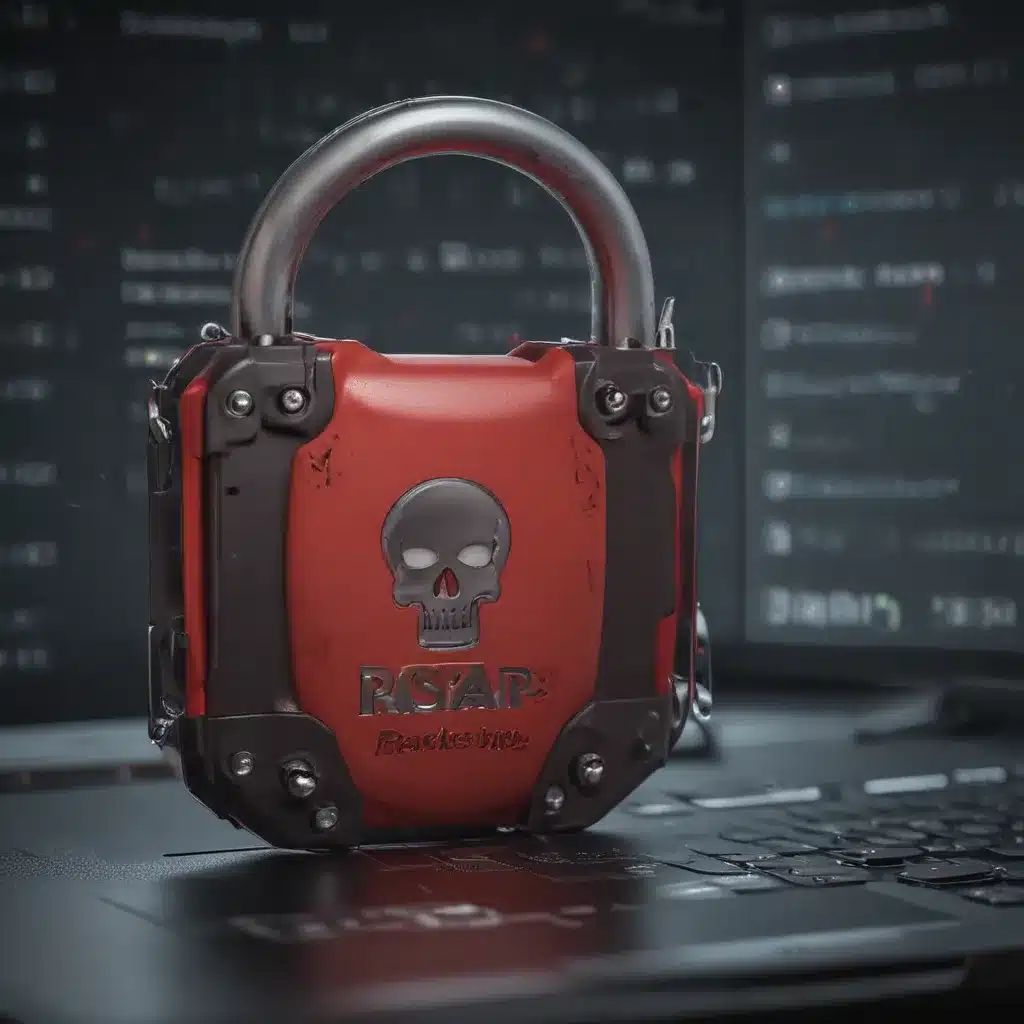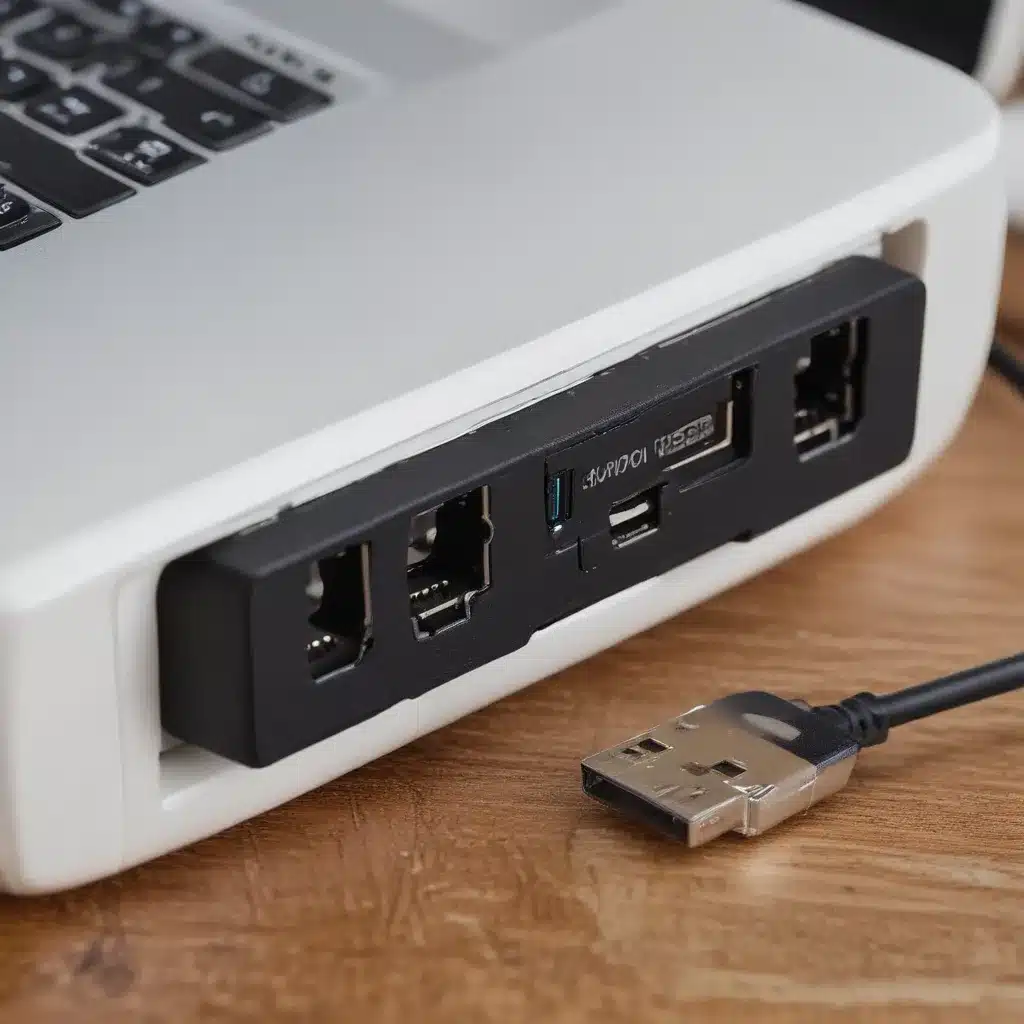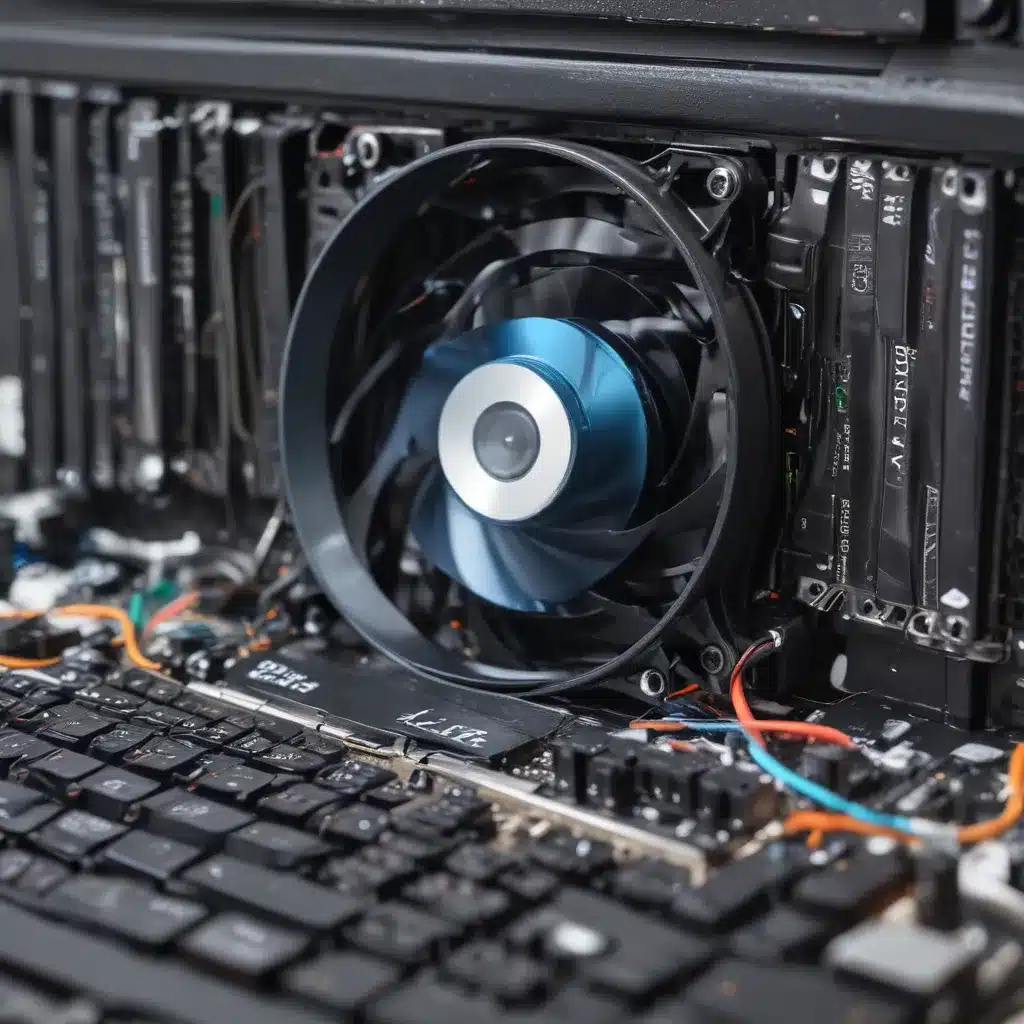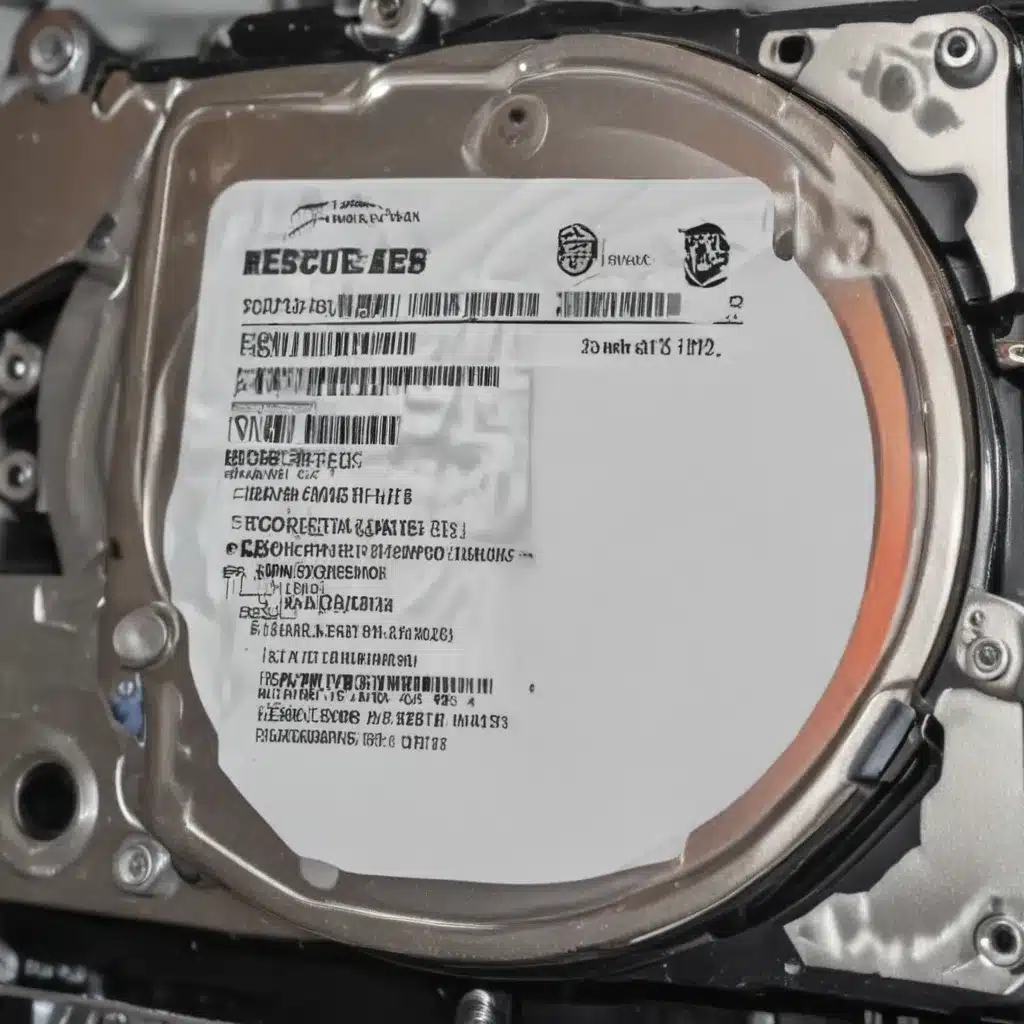Buying a used gaming PC can be a great way to get a powerful rig on a budget. However, there are some important things to look out for when buying second hand to avoid getting ripped off or ending up with a lemon. Here’s my guide on what to check when buying a used gaming PC:
Check the Specs
The first thing I do is confirm the specs of the used PC match what the seller claims.
- CPU – The processor is one of the most important components. Some questions to ask:
- What is the model and speed (GHz) of the CPU? Newer and faster is better.
- How many cores/threads does it have? More is better for multi-tasking and future-proofing.
- Does it support overclocking if you want to squeeze extra performance?
- GPU – The graphics card is critical for gaming. Things to check:
- What is the model, GPU chipset and amount of video memory? Look up benchmarks for the card’s gaming performance.
- How many GPUs are installed if using SLI/Crossfire?Matched cards are ideal.
- Are the GPU drivers up to date? Outdated drivers negatively impact performance.
- RAM – Check the RAM amount and type (DDR3, DDR4, speed in MHz). 8GB is minimum, 16GB better for modern games.
- Storage – SSDs are much faster than HDDs. Ideally it has both an SSD for the OS/apps and a higher capacity HDD for games storage.
Getting confirmation on the exact specs upfront ensures there are no unpleasant surprises down the track.
Physical Condition and Wear
Buying second hand means the PC will have previous wear and tear. Give the unit a thorough inspection:
- Open the case and check for dust buildup as this reduces cooling efficiency over time.
- Look for any signs of damage – dents, cracks or broken parts.
- Check all fans spin properly and are not clogged up with dust.
- Reseat components like the GPU and RAM to fix any loose connections caused by transportation.
- Ask when and where they purchased each component. Mixing old and new parts hints the PC wasn’t built properly.
Minor dust and wear is expected, but anything broken or not working properly should be reflected in the price.
Benchmark Testing
Don’t take the seller’s word the PC meets their advertised performance. Benchmark test it yourself:
- Run benchmark software like 3DMark to test GPU, CPU and overall gaming performance. Compare results online to similar specs.
- Check the gaming frame rates you get in various titles at desired settings match expectations.
- Use stress testing software like Prime95 and Furmark to confirm stability when components are pushed hard. Watch for crashes, artifacts or overheating.
This confirms everything works as expected before money changes hands. Be prepared to walk away if performance is underwhelming.
Operating System and Software
Don’t forget to check the following regarding OS and software:
- OS Version – Ideally run Windows 10 for best gaming compatibility and DirectX 12 support.
- Check there are no missing drivers, especially GPU, motherboard and sound drivers.
- The OS should be activated. Ask the seller to sign out of any linked cloud accounts.
- Reinstalling Windows fresh is ideal to avoid bugs or malware from the previous owner.
- Game licenses don’t transfer between users in most cases. Don’t overpay expecting free games.
Having Windows fully set up and activated avoids headaches trying to sort things out yourself later.
Price and Component Costs
Used PCs should sell at a significant discount over new components. Before buying:
- Look up current used prices for that specific model CPU, GPU, etc online. Use completed eBay listings for a realistic valuation.
- Factor in depreciation due to age and wear of the used parts. Deduct around 10-20% per year from original MSRP.
- Compare the asking price to building your own using all new components. includes warranties.
- Be willing to haggle politely – many sellers overvalue their used hardware. Don’t be afraid to walk away.
Getting a good deal depends heavily on researching accurate used prices yourself before purchasing.
Test Prior to Purchase
If possible, ask to test the gaming PC at the seller’s home before purchasing:
- Run gaming benchmarks and stress tests to check performance and temperatures.
- Inspect the ports for damage. Test Ethernet, USB, HDMI/DisplayPort, audio jacks, etc.
- Listen for any odd noises from fans or coil whine. Check temperatures are safe.
- Ask them to demonstrate booting it up and loading games. Check for crashes or error messages.
Testing in person lets you quickly weed out duds before taking the system home or paying in full.
Buying second hand always carries some risk. Following these steps will help sniff out issues and avoid overpaying. With patience, you can score an affordable high end gaming PC! If you keep your expectations realistic, do your research and ask questions, the upgrade will be worth it.

